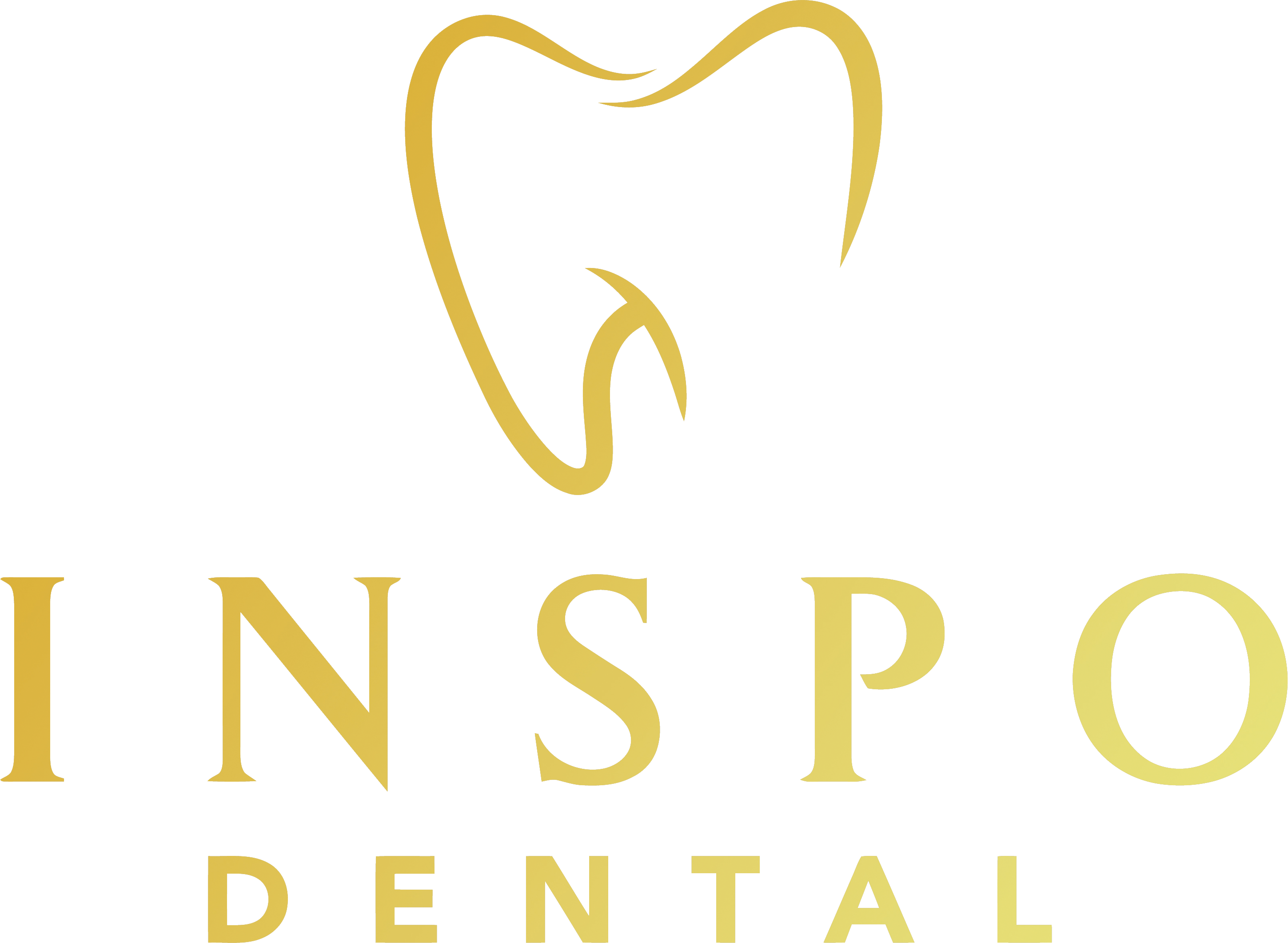Oral surgery
READY TO GET STARTED?
WHAT ARE Oral surgery?
ABOUT ORAL SURGERY
Oral surgery encompasses a variety of surgical procedures designed to address complex dental issues, restore oral health, and improve function and aesthetics. This specialized field includes treatments such as tooth extractions (including impacted wisdom teeth), dental implant placement, corrective jaw surgery, and procedures to address facial trauma or temporomandibular joint (TMJ) disorders. Oral surgery may also involve biopsies for oral pathology and corrective treatments for conditions like sleep apnea.
The process typically begins with an in-depth consultation and assessment, where your oral surgeon evaluates your unique needs, reviews imaging such as X-rays or CT scans, and discusses treatment options. Procedures are performed in a comfortable, sterile environment, often with local or general anesthesia to ensure a pain-free experience. Advanced techniques and technologies allow for precise, efficient procedures that support quicker recovery times and optimal outcomes.
Oral surgery is beneficial for addressing a wide range of conditions, from functional impairments to aesthetic concerns. With proper aftercare and regular follow-up, oral surgery can significantly improve quality of life, providing a healthier, fully functional smile. Ideal for patients with impacted teeth, bone loss, jaw misalignment, or facial injuries, oral surgery offers effective solutions that support both oral health and overall well-being.
THE Oral surgery PROCEDURE

WHAT ARE THE BENEFITS?
Restoring Oral Health: Oral surgery procedures address various dental issues, including impacted teeth, infections, and gum disease, restoring oral health and preventing further complications.
Improved Functionality: Oral surgery can enhance chewing ability, speech clarity, and overall oral function, allowing individuals to enjoy a better quality of life.
Enhanced Aesthetics: Certain oral surgery procedures, such as dental implants or jaw surgery, can improve facial symmetry, restore lost teeth, and enhance the appearance of the smile, boosting confidence and self-esteem.
Pain Relief: Oral surgery effectively alleviates pain and discomfort associated with conditions like impacted wisdom teeth, temporomandibular joint (TMJ) disorders, and facial trauma, allowing patients to live more comfortably.
Prevention of Future Problems: By addressing underlying dental issues through oral surgery, patients can prevent future dental problems and avoid the need for more extensive treatments down the line.
Overall, oral surgery offers a range of benefits that not only improve oral health but also contribute to overall well-being and quality of life.
WHAT TO EXPECT FROM ORAL SURGERY?
01
Initial Consultation and Assessment
- Comprehensive Exam: Your oral surgeon will conduct a thorough examination, often using X-rays or 3D imaging, to assess your oral health and determine the best treatment approach.
- Discussion of Treatment Options: The surgeon will discuss your treatment options, explain the procedure, and answer any questions. They will also go over potential risks and benefits to ensure you’re fully informed.
- Health and Medication Review: A review of your health history, current medications, and any allergies is essential to plan a safe procedure.
02
Pre-Surgery Preparation
- Anesthesia Planning: Your surgeon will discuss anesthesia options, which may include local anesthesia, sedation, or general anesthesia, depending on the procedure and your comfort level.
- Pre-Surgery Instructions: You may receive specific pre-surgery instructions, such as fasting if general anesthesia will be used, and guidelines for any medications to avoid before surgery.
03
The Day of Surgery
- Anesthesia Administration: Once you’re comfortably seated, the anesthesia will be administered. Local anesthesia is used for minor procedures, while sedation or general anesthesia is typically reserved for more complex surgeries.
- Procedure Time: The length of the procedure varies based on the surgery type. Simple extractions might take less than an hour, while dental implant placement or jaw surgery may take longer.
- Sterile Environment and Advanced Technology: Oral surgery procedures are performed in a sterile environment with advanced tools and techniques to ensure precision, efficiency, and a safe outcome.
04
During the Procedure
- Incision and Treatment: Depending on the type of surgery, the surgeon may make an incision to access the treatment area. For tooth extractions, impacted teeth may be gently removed. For implants, titanium posts are placed in the jawbone.
- Tissue Adjustment or Bone Grafting: Some procedures may involve reshaping bone or soft tissue, or adding bone grafts to support implants or improve jaw structure.
- Closing Incisions: If incisions are made, they’re typically closed with sutures. Absorbable sutures may dissolve on their own, while non-absorbable sutures require removal during a follow-up appointment.
05
Post-Surgery Recovery and Aftercare
- Monitoring and Rest: After surgery, you’ll be monitored for a short period, especially if sedation or general anesthesia was used. Once you’re fully alert, a family member or friend can help take you home.
- Pain and Swelling Management: You’ll receive instructions for managing pain and swelling, often including prescribed pain medication and the use of cold compresses. Any discomfort typically subsides after a few days.
- Diet and Activity Restrictions: Soft foods are recommended for the first few days, and strenuous activities should be avoided during the initial recovery period. Your surgeon will provide specific guidelines.
06
Follow-Up and Healing
- Suture Removal or Check-Up: If you have non-dissolvable sutures, you’ll return for suture removal or a follow-up visit to monitor healing. The surgeon will check for proper healing and address any concerns.
- Oral Hygiene Instructions: Your surgeon will provide instructions for keeping the area clean, often suggesting gentle rinsing and avoiding brushing directly around the surgical site for the first few days.
- Gradual Recovery: Most patients recover within a week, although more extensive procedures may require additional time. Swelling, tenderness, and minor bleeding are normal and typically subside within a few days.
07
Long-Term Care and Maintenance
- Routine Check-Ups: Regular dental visits support continued healing and maintain the success of surgeries like dental implants or jaw corrections.
- Healthy Habits: Good oral hygiene and following your surgeon’s instructions contribute to a smooth recovery and long-lasting results.
WHAT ARE THE BENEFITS OF ORAL SURGERY?
Relieves Pain and Discomfort
Restores Full Oral Function
Prevents Infection and Further Complications
Improves Aesthetic Appearance
Supports Long-Term Oral Health
Prepares the Mouth for Restorative Treatments
Corrects Jaw Misalignment and Improves Bite Function
Enhances Breathing and Sleep Quality
Promotes Healing and Recovery After Trauma
Provides a Durable Solution for Tooth Loss
Reduces the Risk of Bone Loss
Addresses Complex Issues That Cannot Be Treated Non-Surgically
Improves Oral Hygiene and Prevents Decay
Enhances Stability and Fit for Dentures
Boosts Self-Confidence and Quality of Life
Reduces Headaches and Jaw Pain from TMJ Disorders
Prevents Teeth Shifting and Maintains Alignment
Minimizes Long-Term Dental Costs
Supports Comprehensive Treatment Plans
Improves Facial Symmetry and Balance
Addresses Congenital Oral Health Issues
Customizable to Suit Individual Needs
Helps Control Chronic Infections
HOW TO KNOW YOU NEED ORAL SURGERY?
01
Impacted or Painful Wisdom Teeth
02
Severe Tooth Damage or Decay
03
Missing Teeth Needing Replacement
04
Persistent Jaw Pain or TMJ Disorders
05
Jaw Misalignment or Bite Problems
06
Infection or Abscess Not Resolving with Medication
07
Facial Trauma or Injury
08
Gum Disease or Bone Loss
09
Sleep Apnea Not Responding to Other Treatments
10
Cysts, Tumors, or Suspicious Lesions in the Mouth
11
Difficulty Opening or Closing the Mouth
12
Chronic Sinus Problems Related to Dental Issues
13
Congenital Conditions Affecting Oral Health
14
Dentist’s Recommendation Following an X-Ray or Exam
Featured
REVIEWS
Inspo Dental exceeded my expectations! The team's professionalism and attention to detail made my teeth-whitening experience truly exceptional. I now smile with newfound confidence. Thank you, Inspo Dental!
As a healthcare professional, I value expertise and personalized care. Inspo Dental provided both seamlessly. From my comprehensive check-up to restorative work, their commitment to excellence is unmatched.
Inspo Dental is my go-to for family dental care. The team's friendly approach and commitment to creating a positive environment make dental visits stress-free. My kids actually look forward to their check-ups!
The precision in orthodontic care at Inspo Dental is remarkable. I opted for clear aligners, and the results speak for themselves. The team's expertise and dedication to my smile transformation were truly inspiring.
Contact
Inspo Dental
146 Maple Avenue
Red
Bank, NJ 07701
Hours Of Operation:
Monday 9:00am – 7:00pm
Tuesday 9:00am – 6:00pm
Wednesday Closed
Thursday 9:00am – 6:00pm
Friday 9:00am – 5:00pm
Saturday Closed
Sunday Closed


